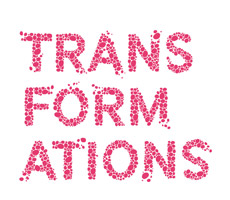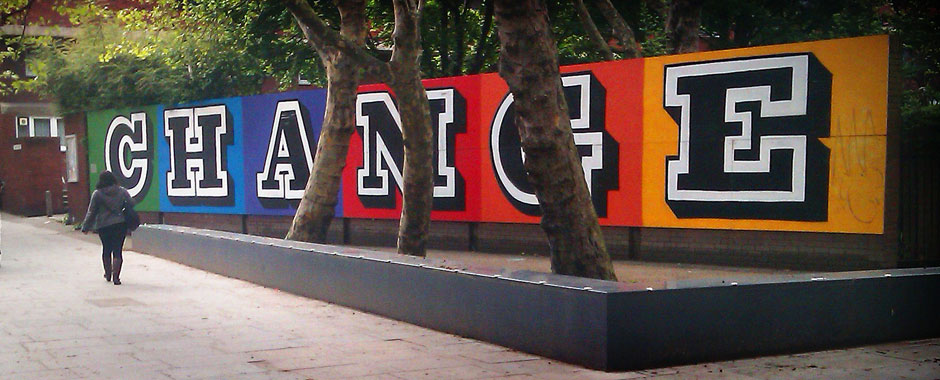A new initiative to learn from stories of rapid change is launched on 3 December, at the start of COP24, the UN’s annual global conference on climate change.
The Rapid Transition Alliance explores the lessons from changes – over a scale of five to ten years – that represent transformations in finance, work, resources, food, technologies, or social arrangements. The Alliance aims to learn from what created the conditions for change, often drawing on longer timescales and deeper histories, and what combinations of actions or external events were important in producing a shift in relations or behaviour. In doing so, the RTA aims to produce ‘evidence-based hope’ to challenge inaction on sustainability challenges.
Global action on climate change is notoriously difficult to coordinate, and leadership on the climate has shifted between countries in recent years. For example, the USA has abandoned its advocacy on climate mitigation, and issues of justice and responsibility have been contested, as emerging economies strive to produce more energy.
At the same time, meeting the challenges of climate change and other sustainability goals imply transformative change in the way that economies and societies are configured.
Learning from a set of rich and varied examples of rapid change may help to create an environment for these kinds of change to take place, in ways that take account of the needs and knowledge of diverse groups of people.
Sharing stories and insights
The Alliance is launched on Monday 3 December 2018 in Westminster, London, UK at an event with speakers including the MPs Ed Davey and Clive Lewis, the Green Party politician Amelia Womack, and the environmental lawyer and climate policy expert Farhana Yamin (Track 0).
Examples from history and the present day – from developed countries and emerging economies – suggest what kinds of transformative changes are possible, how people can help to shape them, and what conditions can help them to be carried out effectively and sustained. They also help to understand the impacts of rapid change on communities and economies, and how people adapt, resist or respond in various ways.
Among the questions that the RTA seeks to explore is how people can play an active part in change. Much of the discussion around low-carbon development focuses on green technologies and long-term environmental targets, but there is also an important role for citizen action and grassroots mobilisation in creating fair, inclusive change – from civil rights movements to networks for environmental justice around the world.
The Rapid Transition Alliance is actively seeking organisations who would be interested in joining the Alliance (see this form), and collecting ideas for stories of change. Selected stories will be written up and featured online alongside other examples.
The Alliance will also hold a series of online discussions to reflect on the lessons from its stories – for example, on changes to consumption patterns, the role of the private sector, and how rapid change differs by region or sector. Formed with help from a grant by the KR Foundation, the Alliance is coordinated by a team drawn from the New Weather Institute, Sussex University (Centre for Global Political Economy), the ESRC STEPS Centre and the Institute of Development Studies.
Find out more
Rapid Transition Alliance website
Transformations: our theme for 2018
 Faced with a series of social and environmental stresses and shocks, there are urgent calls for radical, systemic change. But, as past and present experience show, this can take many forms. What does it take to make sustainability transformations emancipatory (caring), rather than repressive (controlling)?
Faced with a series of social and environmental stresses and shocks, there are urgent calls for radical, systemic change. But, as past and present experience show, this can take many forms. What does it take to make sustainability transformations emancipatory (caring), rather than repressive (controlling)?
Find out more about our theme for 2018 on our Transformations theme page.
